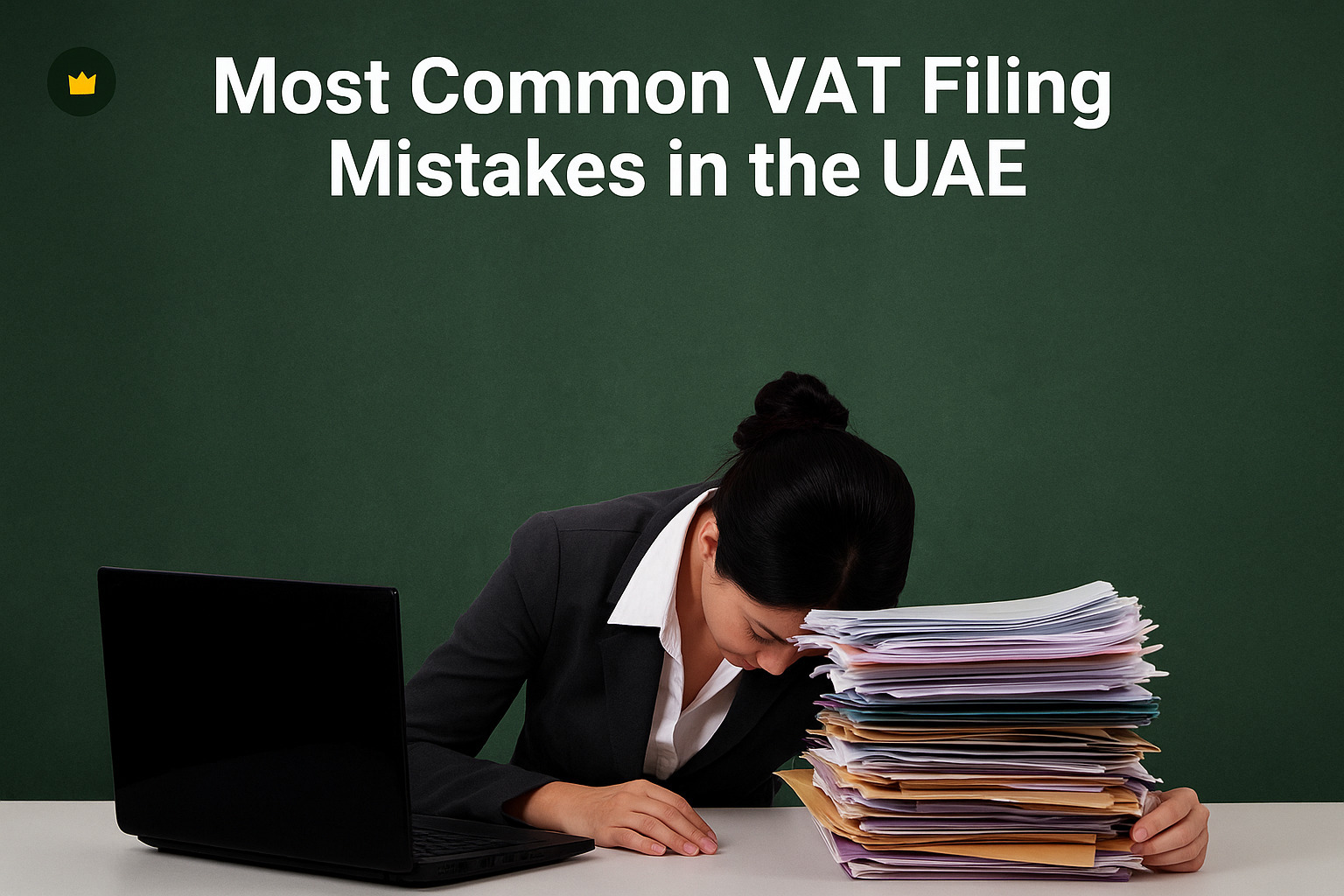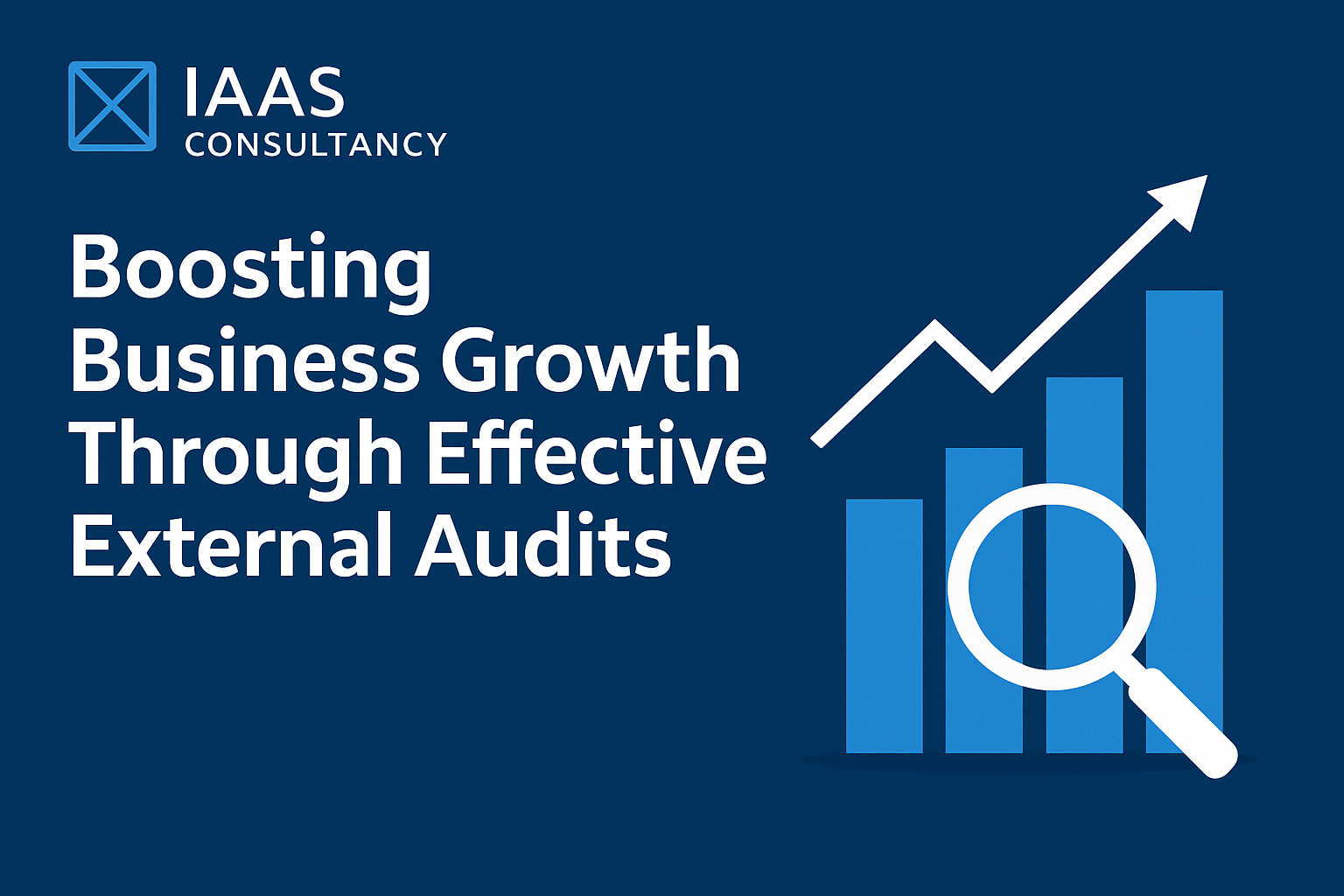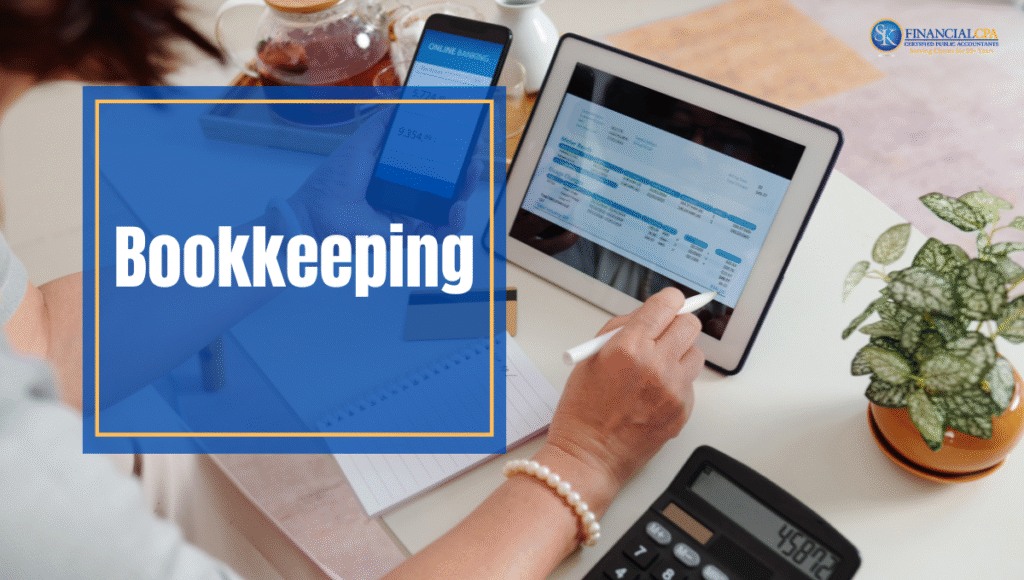We Manage Your Accounts, You Manage Your Growth
September 11, 2025

We Manage Your Accounts, You Manage Your Growth
Running a business is exciting, but it can also be overwhelming when financial management starts consuming most of your time. As an entrepreneur or SME owner, your focus should be on scaling operations, serving clients, and building long-term growth—not on struggling with spreadsheets or worrying about tax deadlines. That’s where IAAS Consultancy steps in.
Why Outsource Your Accounting?
Accounting is the backbone of every successful business. However, many owners find themselves caught up in routine tasks like bookkeeping, reconciliations, payroll management, and VAT filings. While these functions are critical, they are also time-consuming. Outsourcing to professionals ensures accuracy, compliance, and efficiency—freeing you to focus on what matters most: growth.
Our Role in Your Success
At IAAS Consultancy, we simplify financial management for UAE-based SMEs and remote businesses worldwide. Our services cover:
- Bookkeeping & Accounts Management – Streamlined, accurate records updated in real time.
- Tax & VAT Compliance – Ensuring your business stays compliant with UAE regulations.
- Payroll & Employee Expense Management – Hassle-free and error-free payroll processing.
- Advisory & Business Growth Consulting – Beyond numbers, we guide you with insights that fuel expansion.
When we say “We Manage Your Accounts, You Manage Your Growth,” we mean it. You get the peace of mind of knowing that experts are handling your accounts while you invest your energy in scaling operations, acquiring new customers, and leading your team.
Why Let Us Manage Your Accounts?
When you partner with us, you gain more than just an accounting service—you gain a reliable growth partner. Here’s how we add value to your business:
✅ Save Time and Focus on Growth
Every minute you spend sorting receipts or reconciling accounts is time taken away from building your business. By outsourcing your accounting and bookkeeping, you free up valuable hours to focus on customers, strategy, and expansion.
✅ Accuracy and Compliance Guaranteed
Our experienced team ensures your books are always accurate, up to date, and compliant with local laws and international standards. This minimizes errors, avoids penalties, and gives you complete peace of mind.
✅ Better Financial Insights
We don’t just record numbers—we translate them into meaningful insights. With clear financial reports, you can make informed decisions, control costs, and plan effectively for the future.
✅ Cost-Effective Solution
Hiring a full-time accountant or finance team can be costly. By outsourcing to us, you get expert services at a fraction of the cost, without compromising on quality.
✅ Scalable Services
Whether you are a startup, SME, or growing enterprise, our services scale with your needs. As your business grows, we ensure your financial systems grow with you.
Why IAAS Consultancy?
We are not just accountants—we are your growth partners. With our remote-friendly solutions, you don’t need to worry about location or office setups. Whether you’re a Dubai supermarket, a start-up, or a cross-border business, we are equipped to manage your finances so you can confidently manage your success.
Professional Expertise – Our team consists of certified accountants and experienced bookkeepers who understand your industry and business requirements.
Personalized Service – We tailor our solutions to meet your specific business needs, rather than offering one-size-fits-all packages.
Latest Technology – We use advanced accounting software to streamline processes, reduce errors, and provide you with real-time financial data.
Trust & Confidentiality – Your financial data is safe with us. We maintain the highest level of confidentiality and integrity in every transaction.
Commitment to Growth – Our goal is not just to manage your accounts, but to help you grow by providing financial clarity and strategic support.
With IAAS as your accounting partner, you no longer have to worry about numbers, deadlines, or compliance. Instead, you can channel your energy into what you do best—managing your growth, serving your clients, and achieving your business goals.
Latest Post
Support

Financial Success Made Simple
- +971 54 477 0487
- info@iaasconsultancy.com













